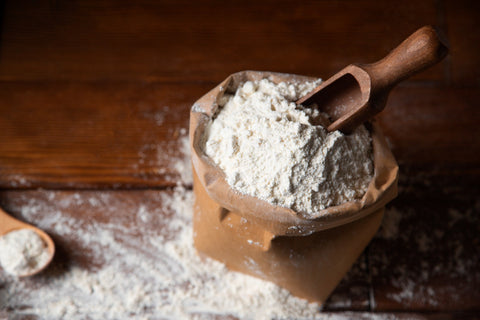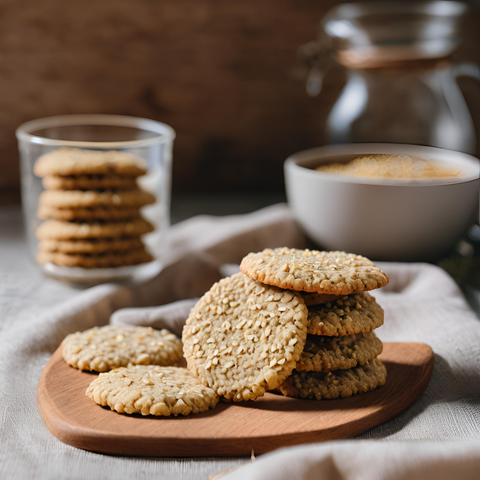Introduction:
Maida, a common ingredient in our favorite foods, may be hiding a darker truth about its impact on our health. In this enlightening blog post, let's uncover the hidden dangers associated with consuming maida and understand the potential risks.
Why Maida Poses Health Risks
Nutrient Depletion: Maida undergoes intense processing, losing crucial nutrients essential for a healthy diet.
Chemical Bleaching Hazard: To achieve its pristine white appearance, maida is bleached using toxic chemicals, posing risks to our well-being.
Digestive Struggles: Low fiber content in maida makes digestion challenging, potentially leading to constipation and a sluggish metabolism.
Diabetes Concerns: With a high glycemic index, maida can cause rapid spikes in blood sugar levels, contributing to inflammation and type 2 diabetes.
Weight Management Challenges: Regular maida consumption can impact metabolism, resulting in prolonged hunger, weight gain, and eventually obesity.
Heart Health Risks: Maida is linked to elevated bad cholesterol (LDL) levels, increasing the likelihood of heart-related problems and strokes.
Gut Implications: Within the digestive system, maida can transform into a sticky "glue," potentially causing gut-related issues and disrupting digestion.
Is Maida Good for Diabetes?
For those dealing with diabetes, the question arises: Is consuming maida a good choice? Let's break it down in easy language.
Maida, often found in white bread, pastries, and cookies, has a high glycemic index. This means it can rapidly increase blood sugar levels after consumption. For individuals with diabetes, managing blood sugar is crucial, and frequent spikes can pose health risks.
Maida in the Market
Widespread Consumption: Millions unknowingly consume maida through bread, cookies, and pastries.
Urban Prevalence: Urban areas witness rampant maida usage, especially in processed foods.
Awareness Gap: While 91% claim to be health-conscious, only 40% recognize the true impact of maida.
Taking Action
Explore Healthier Alternatives: Opt for delicious alternatives like millet-based flours.
Spread Nutrition Education: Increase awareness about healthier food choices.
Enhance Market Accessibility: Make nutritious options more readily available.
Knowledge empowers us. Let's reconsider our relationship with maida, prioritizing our health.
Sources:
- Wellcurve Blog
- The Champa Tree
- Frontiers in Sustainable Food Systems


